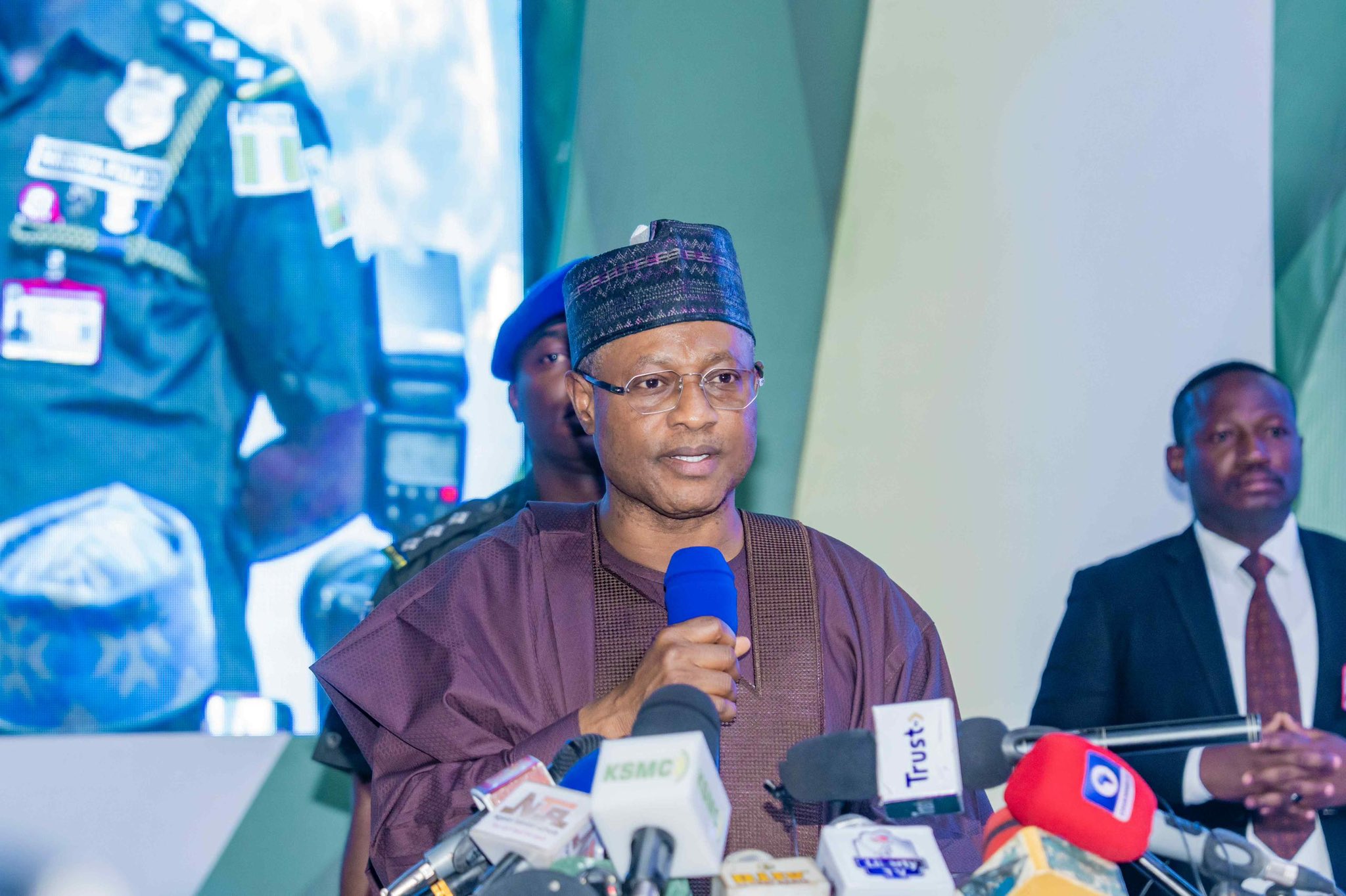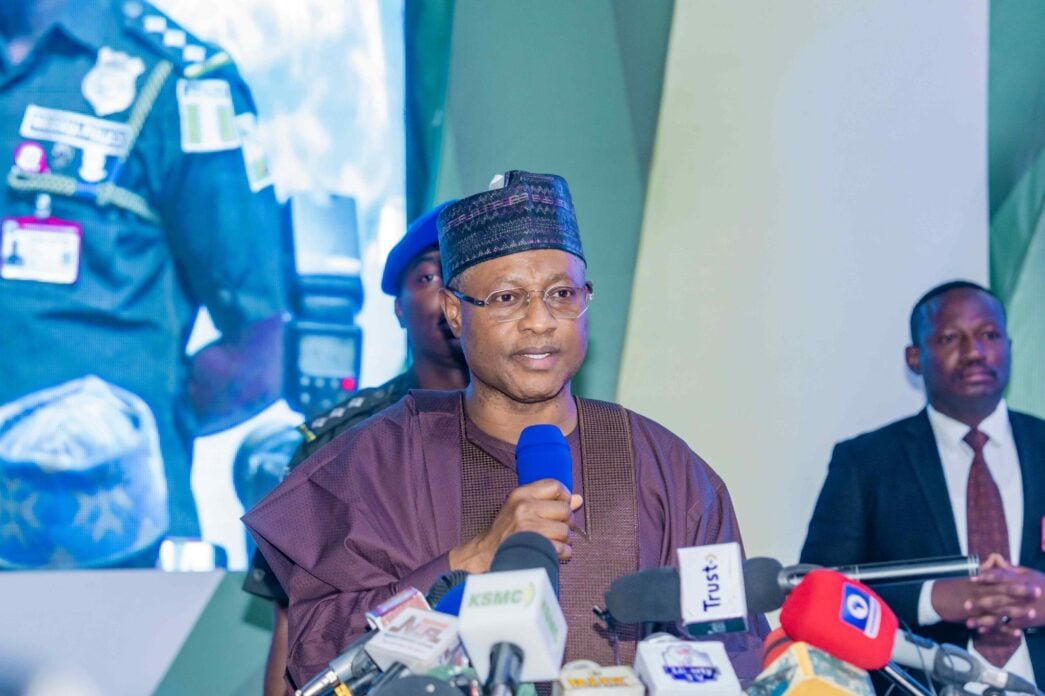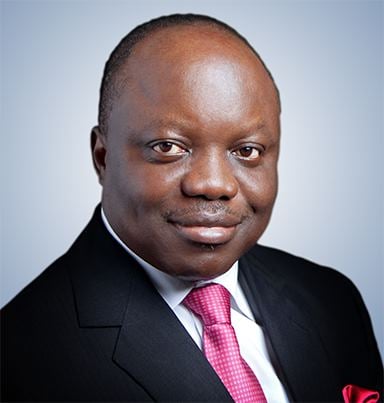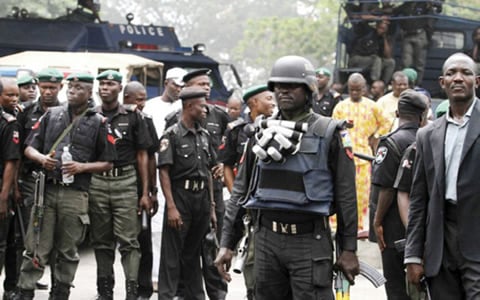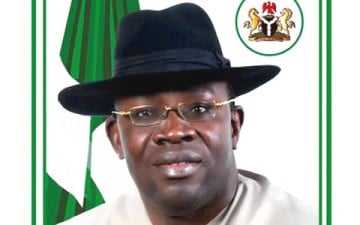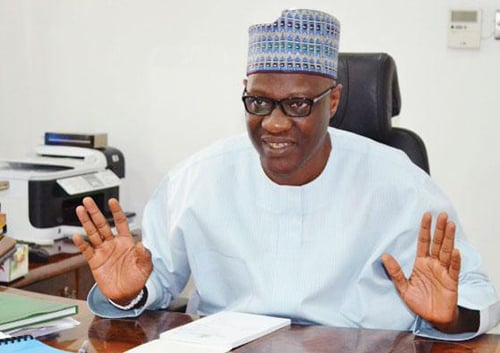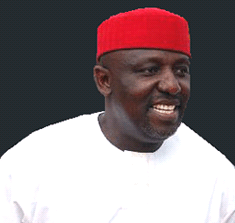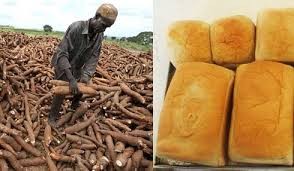Uba Sani, governor of Kaduna state
Uba Sani, governor of Kaduna state, says agriculture is a cardinal point of the renewed hope agenda of the federal government.
Sani said the renewed hope agenda places agriculture at the centre of national economic transformation, laying the foundation for inclusive prosperity.
The governor spoke on Thursday, declaring open the 47th National Council on Agriculture and Food Security meeting at the Umaru Musa Yar’Adua Conference Centre, Kaduna.
“The Federal Government’s policies on mechanisation, value-chain integration, input accessibility, and rural infrastructure are also rekindling optimism and laying a firm foundation for economic growth,” Sani was quoted as saying in a statement.
Advertisement
The governor said Kaduna is proud to align fully with the national vision of food security, noting that his administration identifies agriculture as the cornerstone of rural transformation and inclusive development.
“In line with this, we have pursued deliberate, evidence-based interventions that empower both smallholder and large-scale farmers, expand access to inputs and markets, and promote agribusiness development,’’ he said.
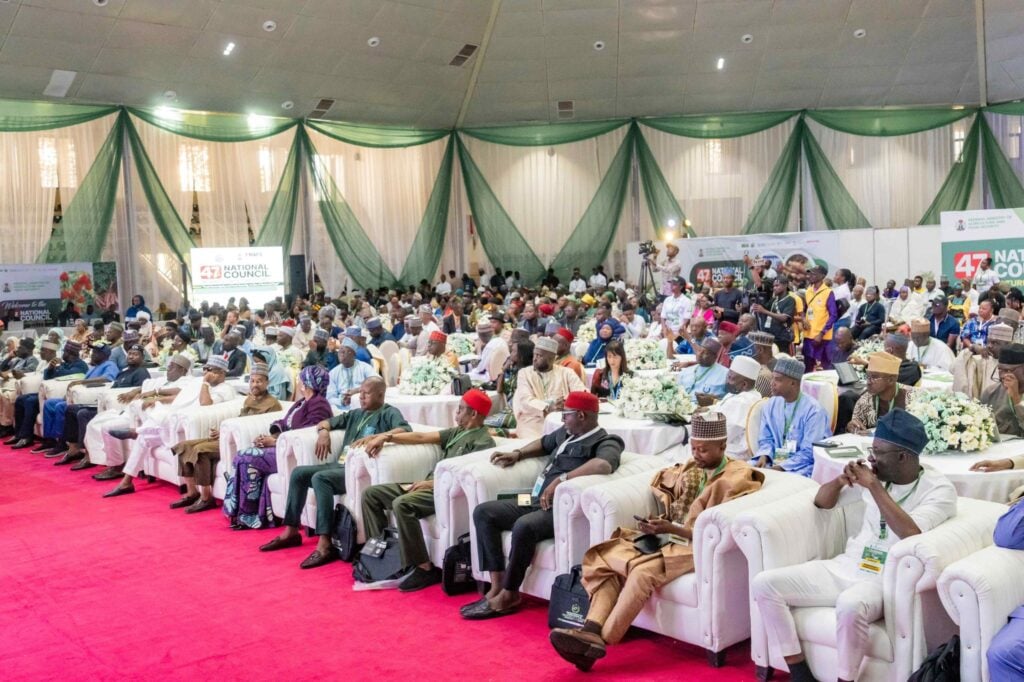
Advertisement
According to Sani, the state is Nigeria’s foremost agricultural hub, “blessed with arable land, dynamic farmers, and strong market systems”.
“We are the number one producer of ginger in Nigeria, the leading producer of maize and grapes, and the second-largest producer of soybeans,” Sani said.
“Agriculture contributes nearly 43 percent of Kaduna’s gross domestic product (GDP) and employs about 60 percent of our total workforce.
“These figures represent not just economic strength, but the heartbeat of our people’s resilience, creativity, and contribution to national growth.’’
Advertisement
‘KADUNA’S ECONOMY SUPPORTED WITH BOLD INVESTMENTS, POLICIES’
The governor noted that his administration has backed the state’s economic strength with bold investments and policy actions in the past two and a half years.
“We have increased the agricultural sector’s budgetary allocation from ₦1.48 billion in 2023 to ₦74.02 billion in 2025—a 4,871% rise,” he said.
“With supplementary provisions already underway, this will bring agriculture’s share to over 14 percent of the total state budget, surpassing the Malabo Declaration target and reaffirming Kaduna State’s leadership in agricultural investment.
Advertisement
“We have implemented the largest fertilizer distribution in the state’s history, delivering over 900 trucks of fertilizer to smallholder farmers across the 23 LGAs over the last 2 years.
“Through both wet and dry season agricultural empowerment programmes, we have distributed quality seeds, irrigation equipment, and mechanisation tools to thousands of farmers, while supporting livestock production through feed, vaccines, and fodder infrastructure.’’
Advertisement
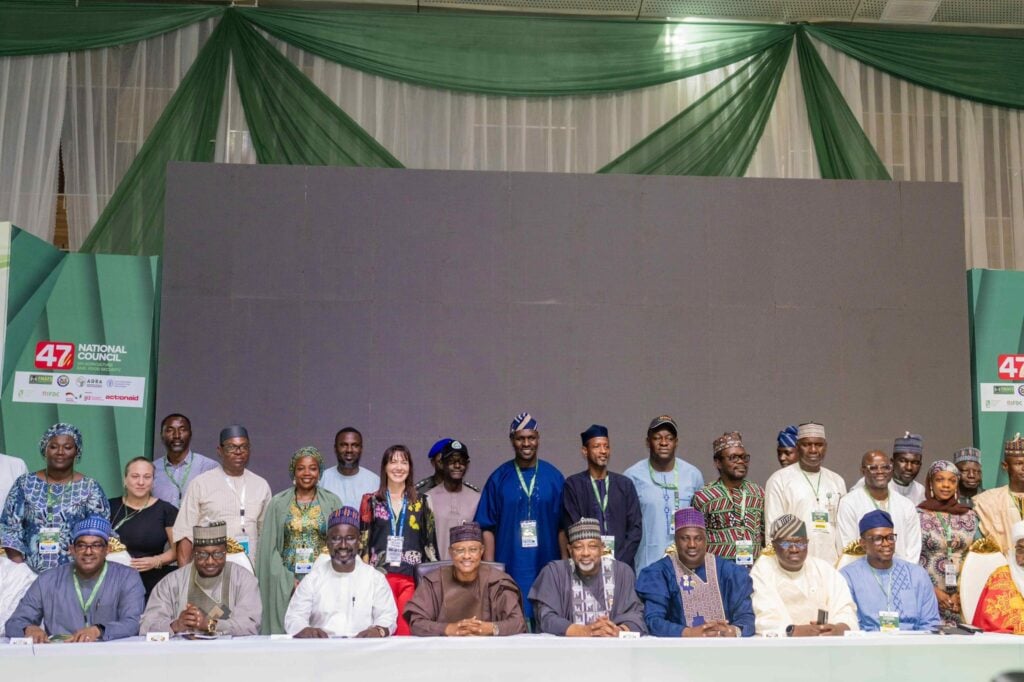
The state government has also provided access to fertilisers for commercial farmers at a subsidised rate, the governor said.
Advertisement
He said the intervention was a deliberate move to reduce production costs, stimulate job creation, and enhance price stability in the open market.
“To further strengthen resilience in the sector, we are enrolling over 100,000 smallholder beneficiaries into a crop risk insurance scheme,” Sani said.
Advertisement
“This initiative will protect farmers against losses arising from pests, crop diseases, and the increasingly unpredictable effects of climate change, ensuring that their hard work and investments are not lost to circumstances beyond their control.”
‘FARMERS MUST TRANSITION FROM HOES TO TRACTORS’
In his address, Abubakar Kyari, the minister of agriculture, noted that the sector remains the single largest employer of labour in Nigeria, contributing more than one-quarter of the nation’s gross domestic product (GDP).
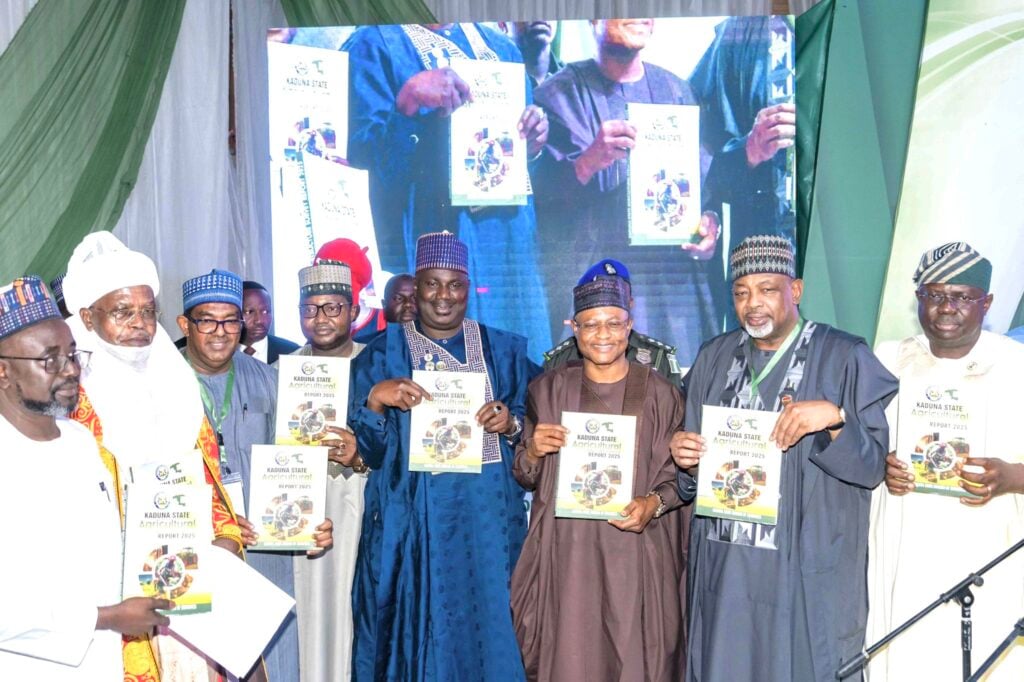
“This represents the work of our hands, a driver of industry, a pillar of national stability, and the promise of our future,’’ Kyari said.
“Our farmers must transition from hoes and cutlasses to tractors and harvesters. Food sufficiency is the first currency of national stability.
“This commitment is firmly rooted in the frameworks of the Nigeria vision 2050, the national development plan 2021-2025, the national agricultural technology and innovation policy, and our ministerial roadmap and priority actions.
“Together, they ensure that every programme we implement, from input, delivery and post-service management, to mechanisation and financing, contributes directly to Nigeria’s long-term vision of economic diversification, food security and shared prosperity.
“Building on these frameworks and guided by the vision of President Bola Tinubu, food sovereignty has become the driving momentum of our agricultural transformation, ensuring that our food security is built on local capacity, national ownership, and inclusive growth.’’
Kyari said the theme of this year’s conference, ‘Food Sovereignty and Food Security, an Era of Renew Hope’, aligns directly with the aforementioned vision.
“Food sovereignty speaks to our control over what we grow, how we grow it, and how we consume it,” he said.
He added that food security ensures that every household has access to safe, affordable, and nutritious food.
